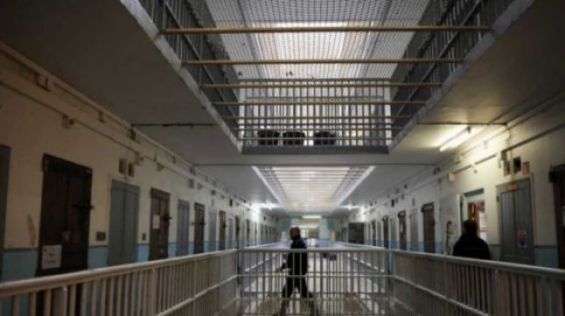In Spain, the law on foreign nationals, in force since January 2000, dictates the expulsion of jihadists to their countries of origin once their prison terms are served. Convicts of terrorism-related offenses receive a one-way trip back to their countries of origin. This is the case of Moroccan Hassan El Haski, convicted for the March 2004 attacks, and extradited in 2019 to Morocco.
But what about other nationals, especially undocumented ones, arrested in Spain for common law offenses and who become radicalized during their stays in Iberian prisons? Does security cooperation between the two countries cover this issue? And are the Moroccan authorities informed by their Spanish counterparts of the percentage of prisoners who have gone from criminal delinquency to religious extremism?
«The question is worrying!»
This category is indeed a real threat. This is particularly the case of Abdelkahek Es Satty, who was able to avoid extradition to Morocco after his release from prison in 2016 due to his links with Spanish intelligence. This former drug trafficker, who became an imam of Ripoll, was the mastermind of the cell behind the Barcelona attacks that took place in August 2017. Many other Moroccans radicalized in prison were able to return to the country unnoticed.
According to official data, around 5,180 Moroccans in an irregular situation were deported by Spain in 2020. It is difficult to identify the exact number of radicalized deportees in Spanish prisons. «The question is worrying», acknowledges briefly on condition of anonymity a security source contacted by Yabiladi. A response showing that the public debate in Morocco has not yet considered this highly sensitive subject for the security of the Kingdom.
In the meantime, Spain has come a long way. The Ministry of the Interior, in collaboration with the General Secretariat of penitentiary institutions, has set up the «Special residents monitoring file». A mechanism which, over the months, has proven its effectiveness. It also allowed, for example, the arrest in December of Yassine Khadroui for terrorism. He is suspected of wanting to form a jihadist cell in Morocco to return to Spain and carry out attacks there.
Previously, Khadroui was jailed in Las Palmas for drug trafficking, possession of weapons without authorization and sexual assault. Four months after this arrest, the police detained three residents of Murcia prison for terrorism and who had all gone through the same radicalization process.





 chargement...
chargement...













